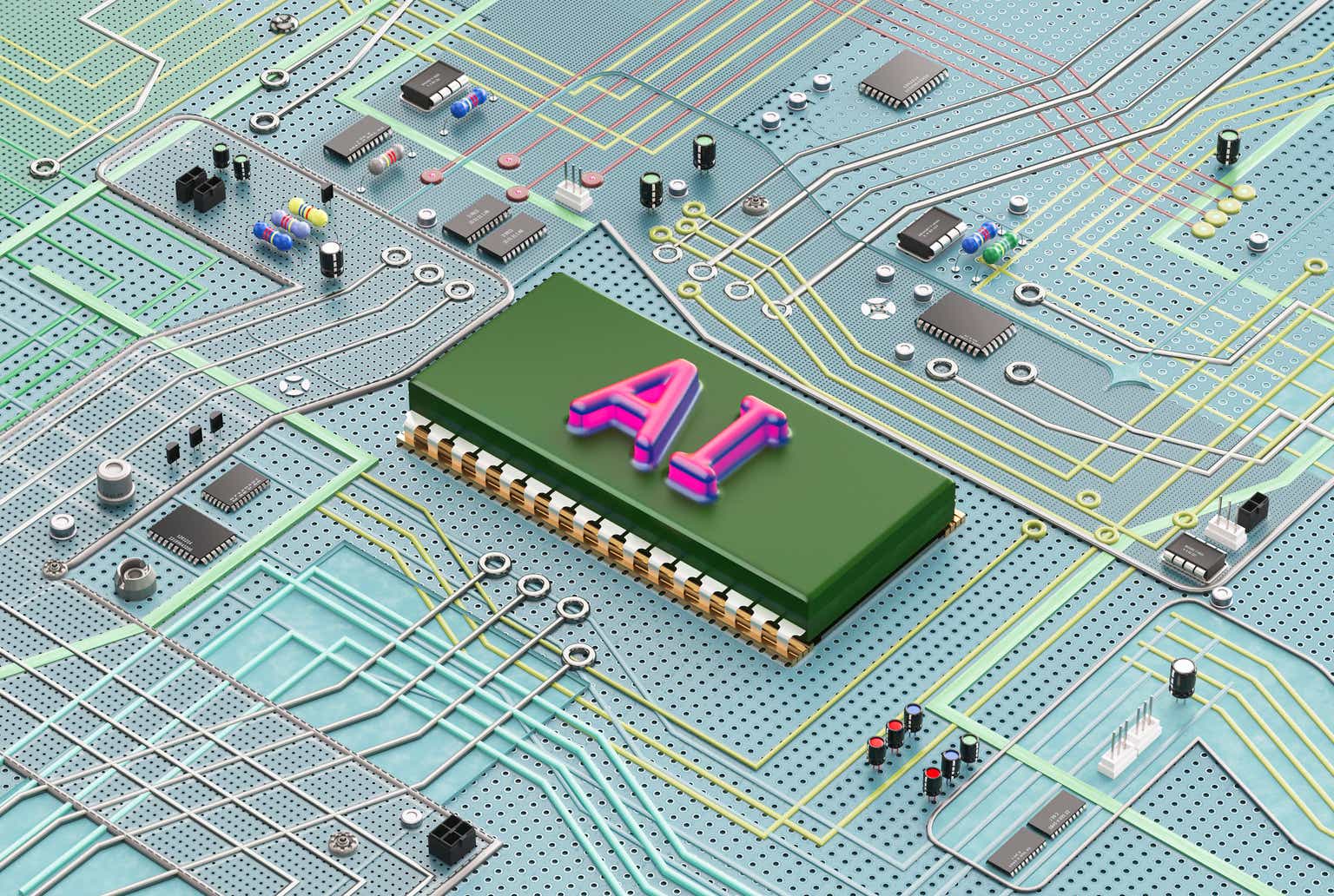Stellantis Pulls the Plug on Hydrogen Fuel Cell Dreams: What Does This Mean for the Future of Zero-Emission Vehicles?

In a surprising move that has sent ripples through the automotive industry, Stellantis, the multinational automotive manufacturing corporation formed through the merger of Fiat Chrysler Automobiles and PSA Group, has announced the discontinuation of its hydrogen fuel cell technology development program. This decision effectively cancels the planned launch of hydrogen-powered vehicles under the Stellantis umbrella, which includes iconic brands like Jeep, Ram, Peugeot, and Citroën.
Why the Shift Away from Hydrogen?
The decision, revealed on Wednesday, isn't entirely unexpected. While hydrogen fuel cells offer the promise of zero-emission driving with quick refueling times, significant hurdles have hampered their widespread adoption. The primary challenges revolve around high production costs for hydrogen, a lack of widespread refueling infrastructure, and concerns about the environmental impact of hydrogen production, especially if it relies on fossil fuels. Stellantis cited the high costs and slow progress in establishing a viable hydrogen infrastructure as key factors in their decision.
“We’ve been working on hydrogen for a long time, and we’ve come to the conclusion that, at least for the time being, it’s not the right technology for us,” stated a Stellantis spokesperson. “We believe that battery-electric vehicles offer a more compelling and cost-effective pathway to zero-emission mobility in the near term.”
Focusing on Battery-Electric Vehicles (BEVs)
This move signals a renewed and intensified focus on battery-electric vehicles (BEVs) for Stellantis. The company has committed significant investments to BEV development and plans to launch a range of electric models across its various brands in the coming years. They are betting on the continued improvement in battery technology, the expansion of charging infrastructure, and decreasing battery costs to drive the adoption of electric vehicles.
Stellantis isn't alone in re-evaluating its hydrogen strategy. Several other automakers have also scaled back or abandoned their hydrogen fuel cell programs, acknowledging the challenges involved. While hydrogen may still have a role to play in specific applications, such as heavy-duty trucking and long-haul transportation where battery-electric solutions face limitations, it appears less likely to become a mainstream passenger vehicle technology in the foreseeable future.
Implications for the Future
The demise of Stellantis' hydrogen program raises questions about the future of hydrogen fuel cell technology in the broader automotive landscape. It highlights the complex interplay of technological advancements, economic viability, and infrastructure development in shaping the future of transportation. The industry’s shift towards BEVs is accelerating, and the focus is now on making electric vehicles more affordable, accessible, and convenient for consumers worldwide.
While Stellantis’ decision represents a setback for hydrogen advocates, it underscores the dynamic and evolving nature of the automotive industry. The race towards zero-emission mobility is far from over, and the winning technology will likely be determined by a combination of factors, including cost, performance, and consumer acceptance.






